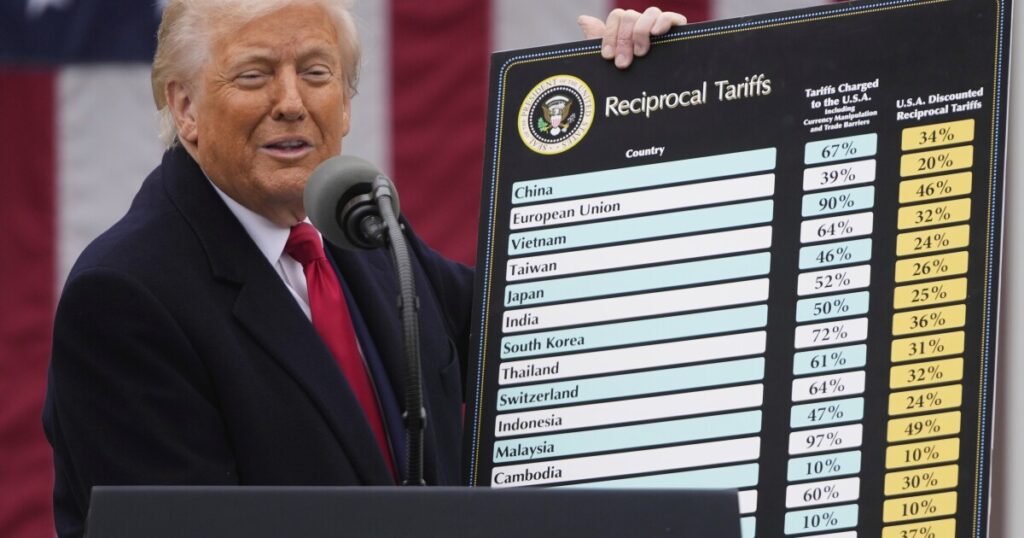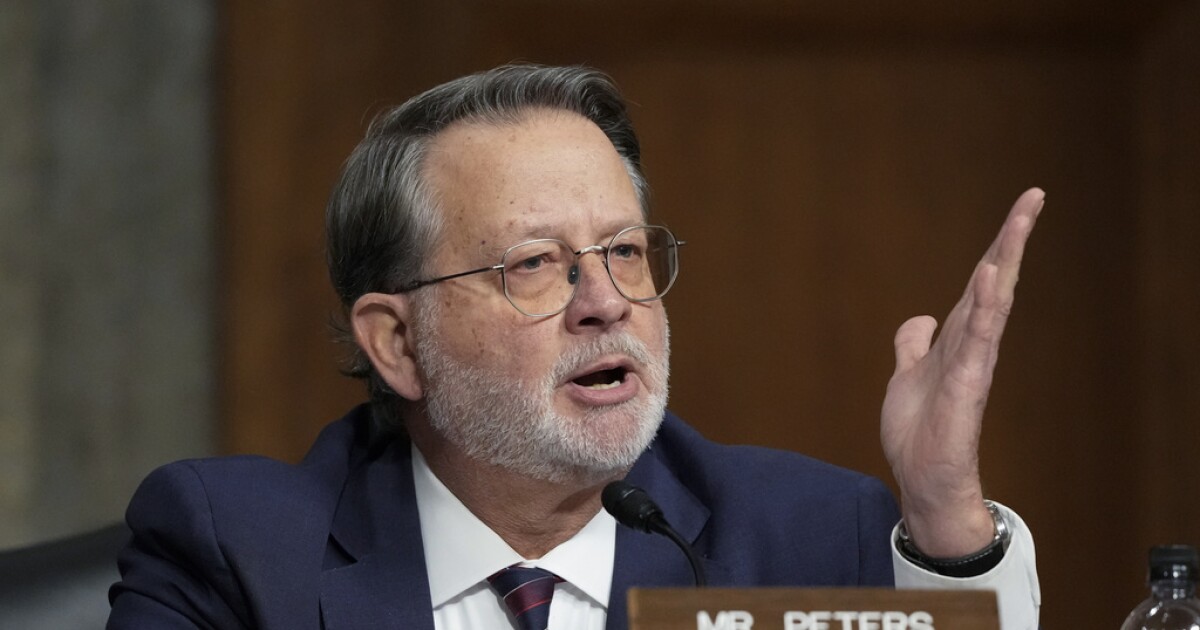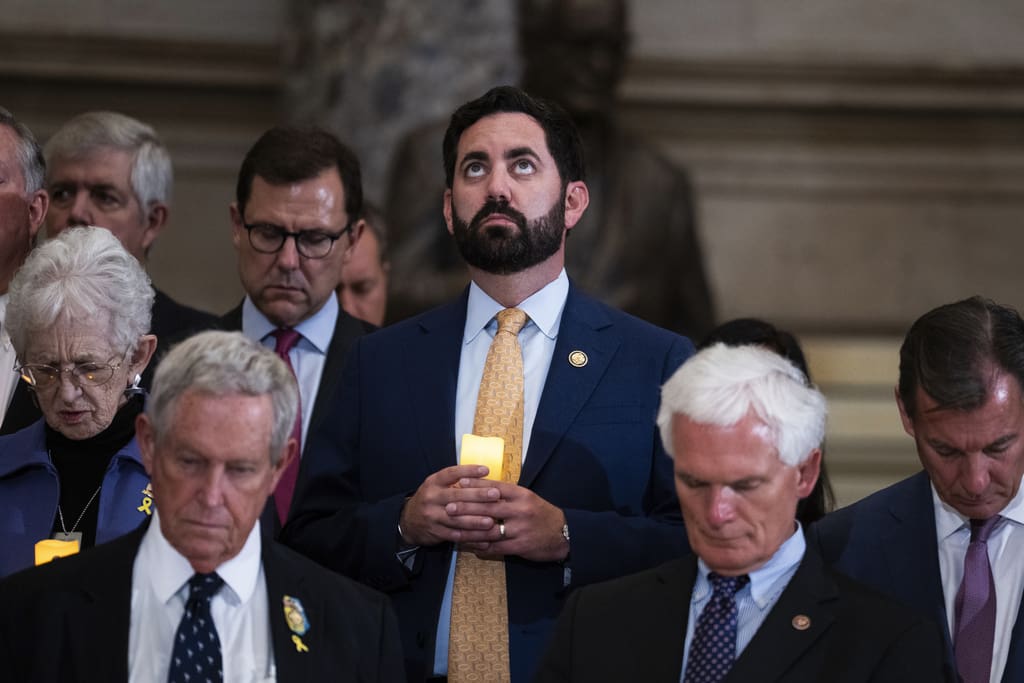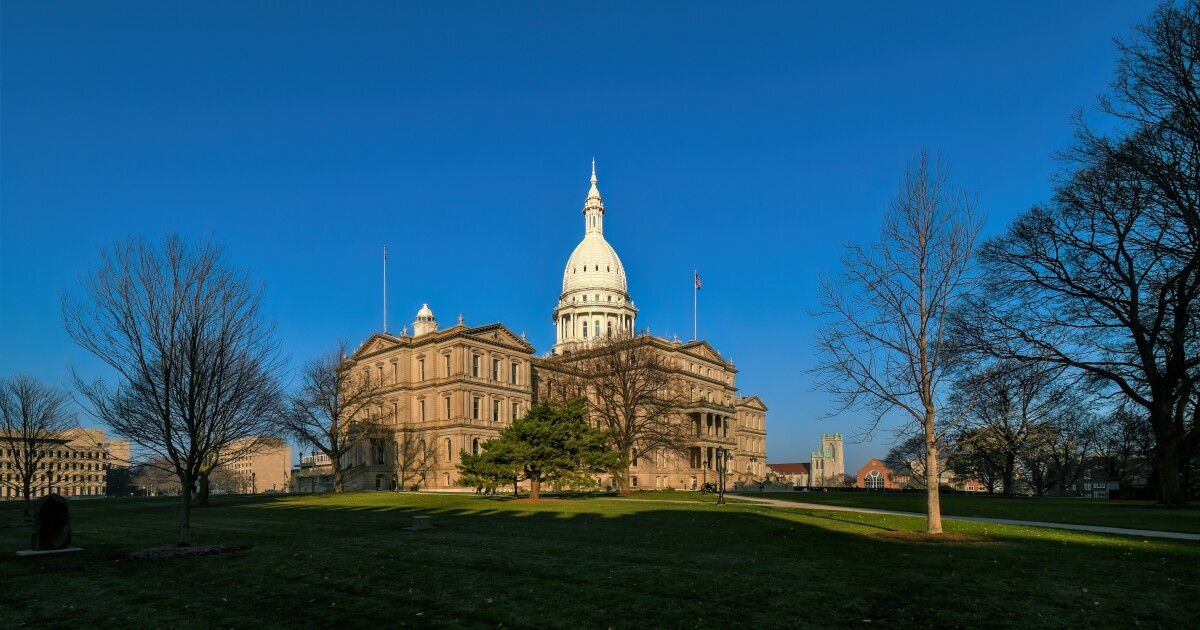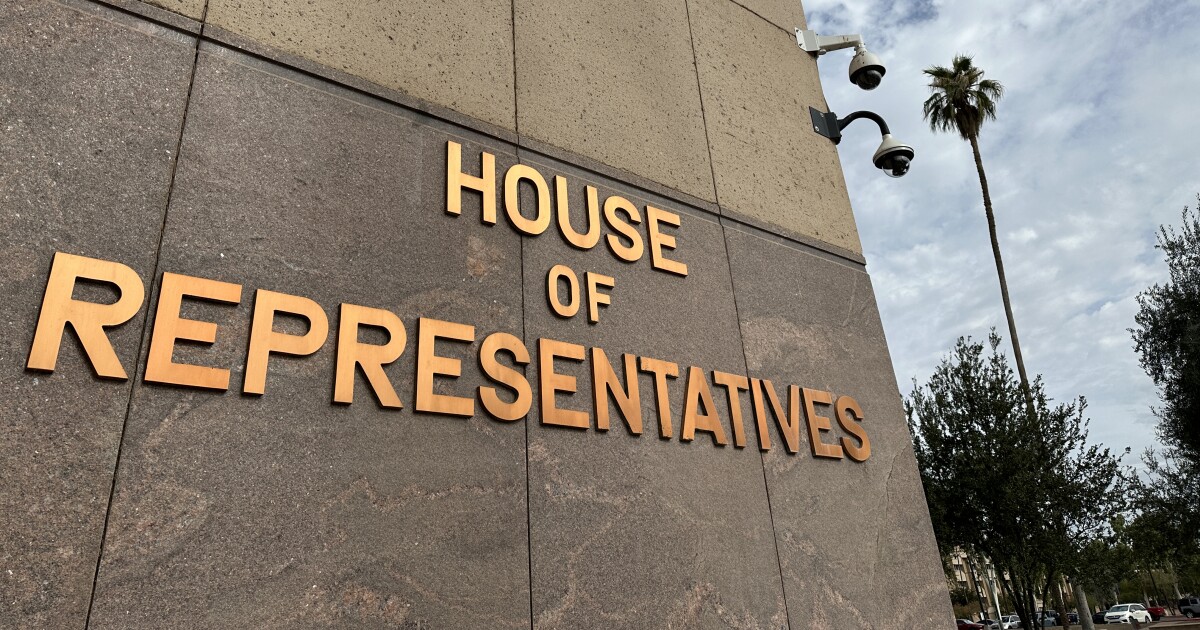U.S. Heightens Pressure for Trade Deals as Tariff Deadline Looms
With a Wednesday deadline fast approaching, the Trump administration is intensifying efforts to finalize trade agreements. As part of this push, the U.S. is set to dispatch warning letters to trading partners, indicating potential tariff hikes starting August 1 if deals are not reached.
This move injects further uncertainty into the global trading landscape, leaving businesses and consumers on edge. Key questions persist regarding which countries will receive these notifications and whether President Donald Trump might delay the tariff impositions once more.
Kevin Hassett, director of the White House National Economic Council, expressed that the decision to halt negotiations rests with the President. “The United States is always willing to talk to everybody about everything,” Hassett mentioned on CBS’ “Face the Nation.” He added, “There are deadlines, and there are things that are close, so maybe things will push back past the deadline or maybe they won’t. In the end the president is going to make that judgment.”
Stephen Miran, head of the White House Council of Economic Advisers, noted that countries negotiating in earnest might see the deadlines extended. The tariff increases announced earlier in April aimed to reshape global trade dynamics, though most were paused for 90 days following market upheavals. Despite the negotiating window, only the United Kingdom and Vietnam have reached agreements.
The U.S. has imposed elevated tariffs on nations with significant trade surpluses with America, alongside a 10% baseline tax on imports. Additionally, separate tariffs of 50% on steel and aluminum and 25% on autos are in place.
On Friday, Trump mentioned the possibility of sending letters to countries without deals, specifying their tariff rates, while assuring that collection wouldn’t commence until August 1. He reiterated this on Sunday, noting that “could be 12, could be 15” countries might receive these letters.
Treasury Secretary Scott Bessent dismissed the notion of a new deadline for August 1, withholding details about the administration’s plans. “We’ll see,” Bessent remarked on CNN’s State of the Union, predicting swift developments in trade agreements.
As tensions with the BRICS nations continue, Trump announced intentions to levy an additional 10% tariff on countries supportive of BRICS’ policies, which have been critical of U.S. tariff hikes. In a notable development, Trump revealed a deal with Vietnam allowing U.S. products duty-free entry, while Vietnamese exports to the U.S. face a 20% tax, down from the initially proposed 46%.
Trump suggested that letters might be more effective than deals when dealing with the European Union or India due to the number of countries involved. “We have India coming up and with Vietnam, we did it, but much easier to send a letter,” he stated.
Canada, however, will not be receiving such a letter, as confirmed by Trump’s ambassador Pete Hoekstra. Ongoing trade discussions between the U.S. and Canada aim to establish a new agreement, though Hoekstra did not specify a timeline.
Canadian Prime Minister Mark Carney aims for a new agreement by July 21, warning of potential trade countermeasures if unmet. Hoekstra hinted that some tariffs could still apply even with a new deal, emphasizing, “we’re not going to send Canada just a letter.”
—
Read More Michigan News

